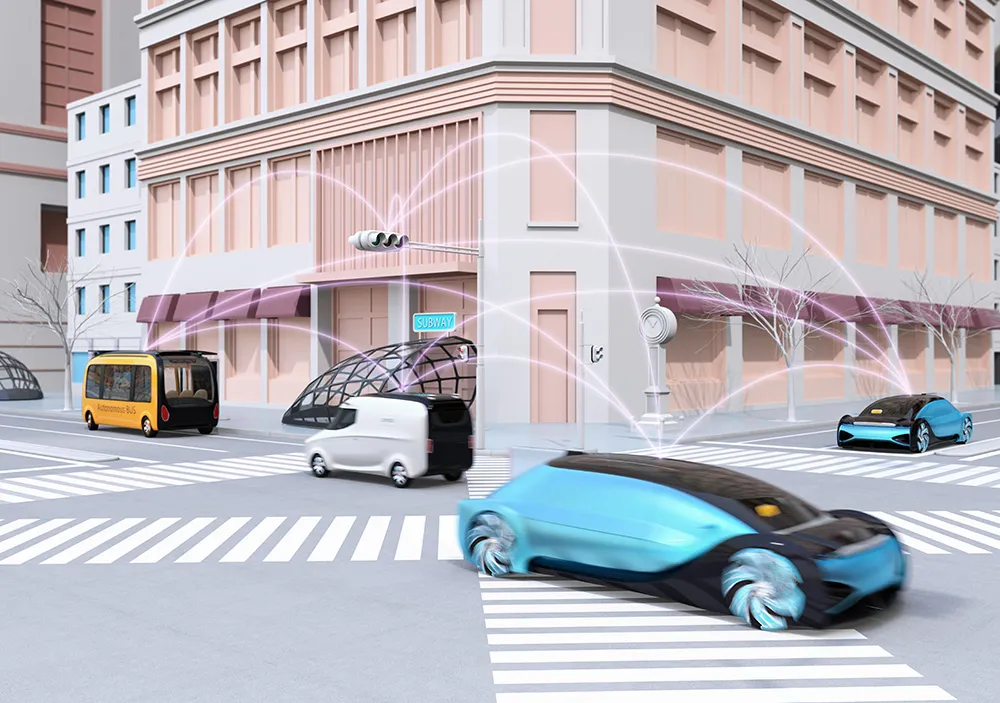Iowa DOT’s Transportation Commission has unanimously approved proposed rules for red light and speed cameras that require cities to prove the devices are needed to improve safety on highways.
The rules require a city to perform an engineering analysis of the highway and also present some alternatives to the cameras to address any safety issues. Cities that currently have cameras installed would have to do the engineering study by May 2014. The rules must still go through the legislative approval process
December 11, 2013
Read time: 2 mins
Iowa DOT’s Transportation Commission has unanimously approved proposed rules for red light and speed cameras that require cities to prove the devices are needed to improve safety on highways.
The rules require a city to perform an engineering analysis of the highway and also present some alternatives to the cameras to address any safety issues. Cities that currently have cameras installed would have to do the engineering study by May 2014. The rules must still go through the legislative approval process before being enacted.
Iowa is the only state in the US that allows cameras to be permanently installed along interstate roads or highways managed by the state. However, the state has no laws governing their use, leaving the decision to county supervisors and city councils to decide whether to install them.
Nine Iowa cities as well as Polk County use a mix of fixed and mobile cameras on state-run roads or interstate highways.
The rules require a city to perform an engineering analysis of the highway and also present some alternatives to the cameras to address any safety issues. Cities that currently have cameras installed would have to do the engineering study by May 2014. The rules must still go through the legislative approval process before being enacted.
Iowa is the only state in the US that allows cameras to be permanently installed along interstate roads or highways managed by the state. However, the state has no laws governing their use, leaving the decision to county supervisors and city councils to decide whether to install them.
Nine Iowa cities as well as Polk County use a mix of fixed and mobile cameras on state-run roads or interstate highways.









